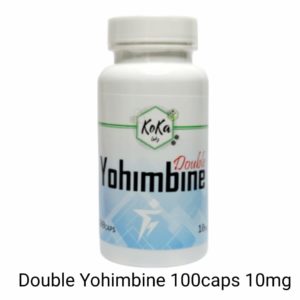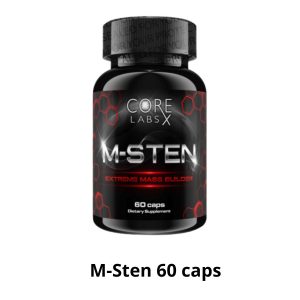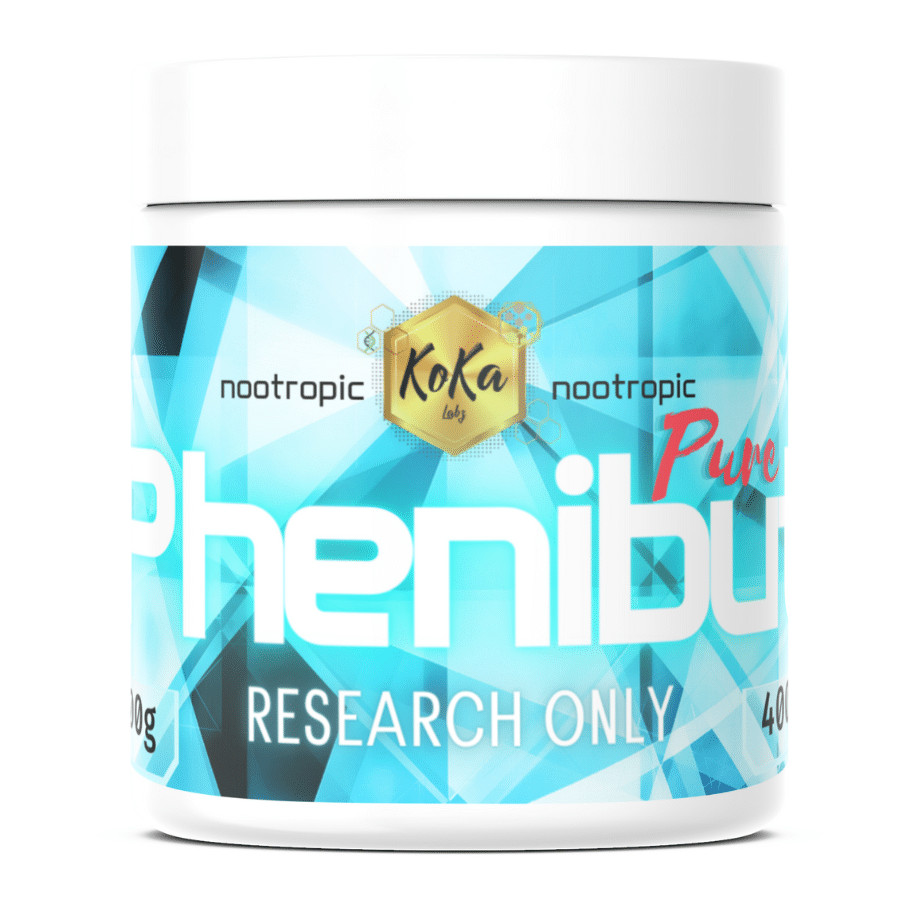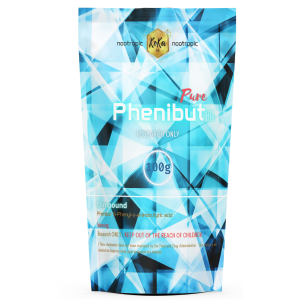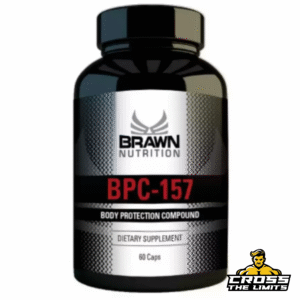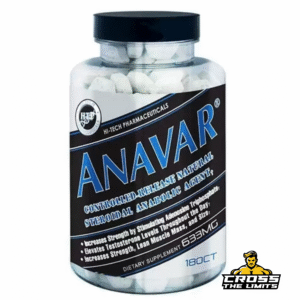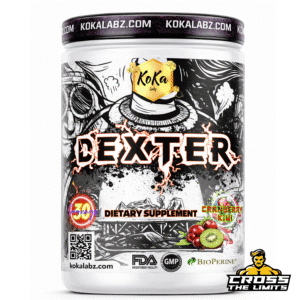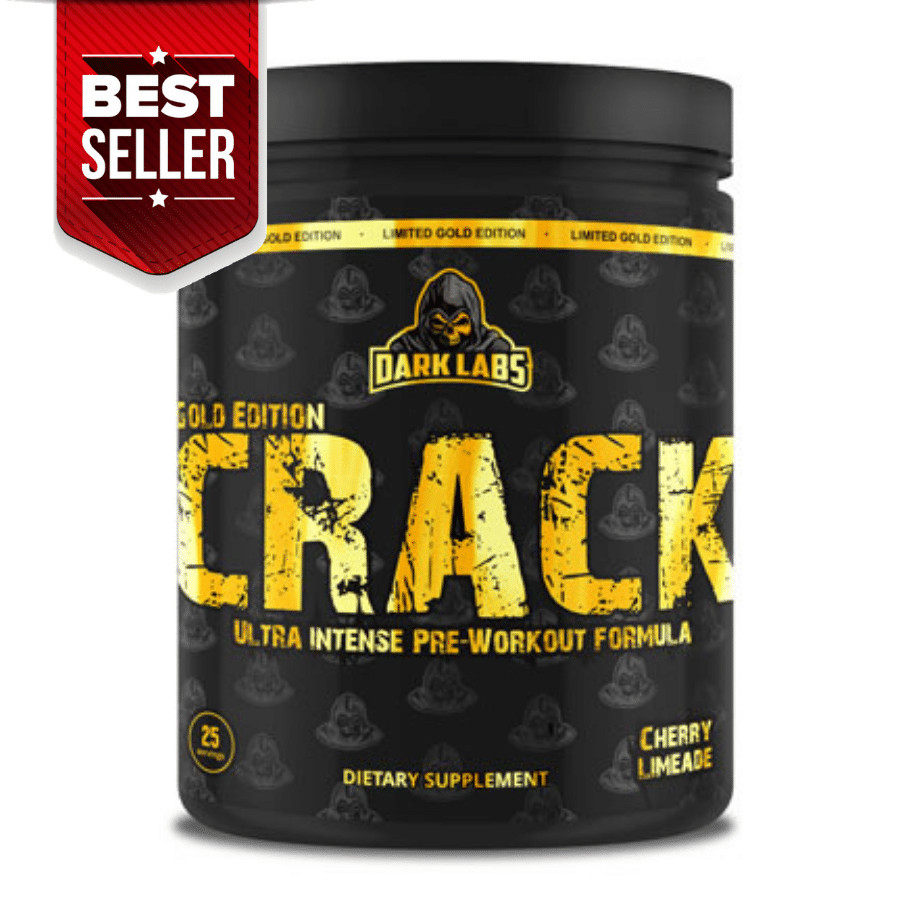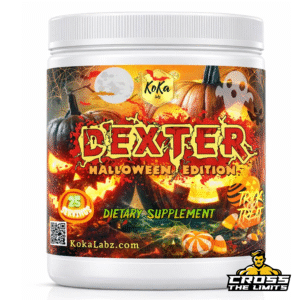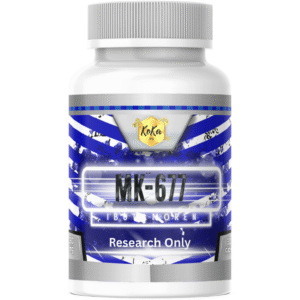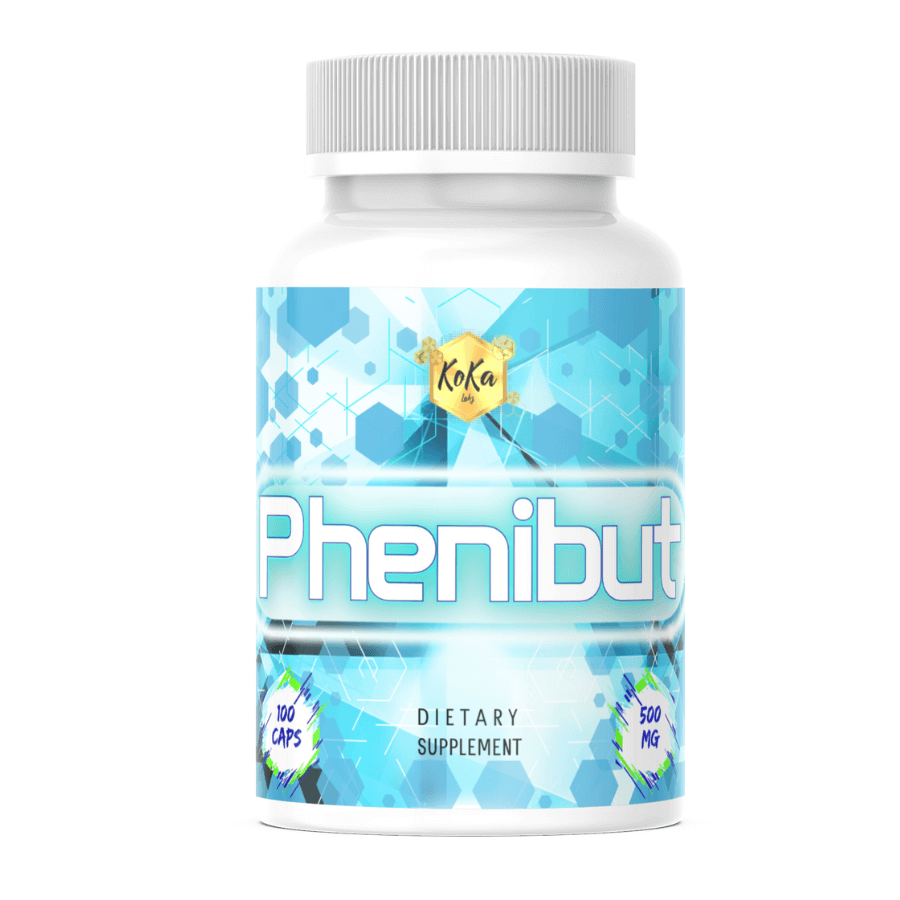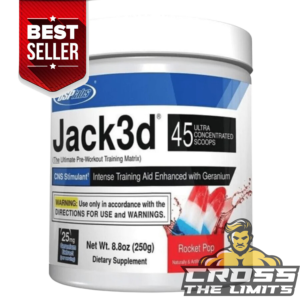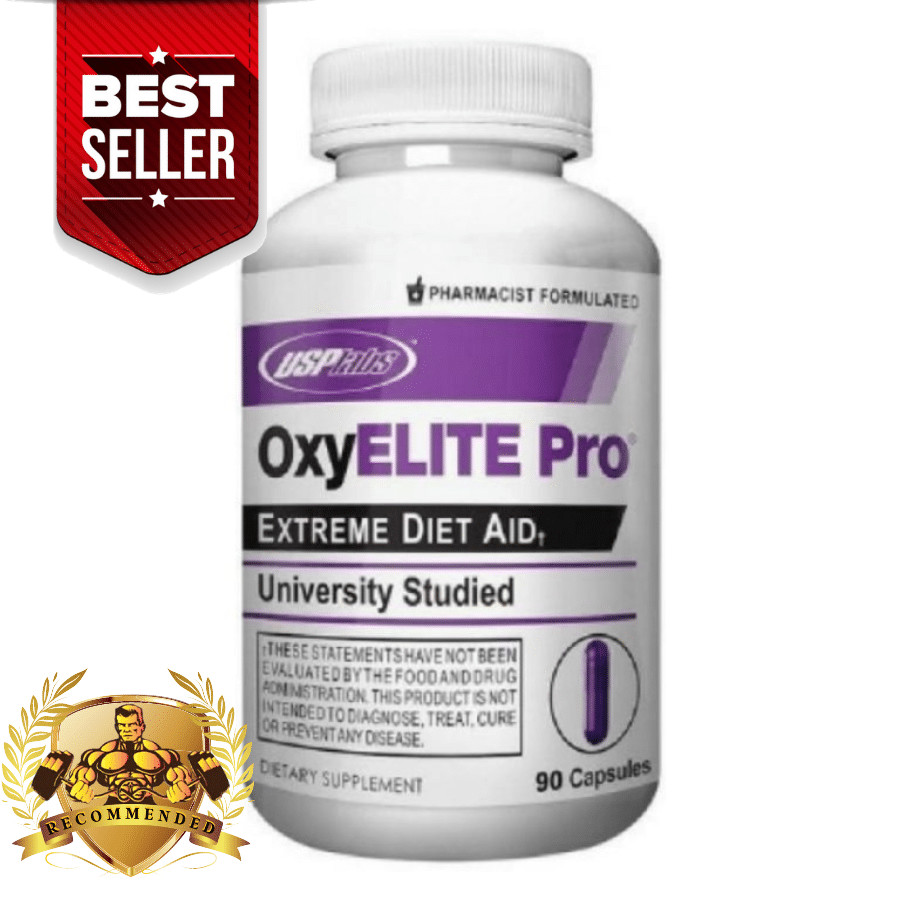Like other dietary supplements and food products, protein powder has a specific expiration date. Manufacturers must inform consumers how long the product will be available for use. However, the very definition of such a time may need to be clarified. After all, protein has a long shelf life. So the question arises – does it become useless afterwards? Does such a protein lose its nutritional value?
What is the average shelf life for protein?
Individual food products can have completely different shelf lives. It all depends on the form of storage and the qualities of the food itself. For example, fresh vegetables or fruit usually need to be consumed within a few days or so. Meanwhile, canned and hermetically packaged products may be suitable for consumption for months or even years. Protein powders also belong to this category.
When it comes to the most popular whey protein, its shelf life usually oscillates around a few or several months. Much depends on how such a supplement is stored. If the protein is kept at a high temperature (e.g., close to a radiator) or in a sunny place, its shelf life will be several months. On the other hand, if stored correctly (dry, shaded place at room temperature), it can be even several months. In one study, scientists found that protein’s usefulness is, on average, 1.5 years (18 months).
However, it is worth remembering that manufacturers often add substances to the protein to affect its longer shelf life. Such a role is played, among others, by salt, which is the oldest known preservative. Salt can be found in most whey proteins, although its amount is negligible. Therefore, it is usually not a cause for concern. In addition to salt, manufacturers also use other substances such as soy lecithin, maltodextrin. The use of the mentioned additives makes the protein can be valid even for more than two years.
Can protein powder spoil?
It is usually effortless to judge whether food has spoiled. The mold then appears on the surface of, for example, bread or fruit. Also, some products are then inflexible and unfit for consumption. This is all due to bacteria and fungi that appear on the surface of the food over time. Such organisms cause chemical reactions, which in turn leads to the mentioned spoilage of food products.
However, protein is a bit different. This is because protein is most often purchased in tightly sealed packages. Also, the protein itself is a fine powder. These two factors mean bacteria and fungi cannot grow in such an environment. Of course, once again, how the protein is stored is crucial. For example, if moisture gets inside the packaging, the protein will quickly spoil.

If the protein is stored correctly, cases of poisoning after ingestion are extremely rare. This is true even for supplements that are long “past their expiration date.” The leading cause of all food poisoning is the bacteria in the food. However, it is already known that bacteria cannot grow in inadequately stored protein. Therefore, safety should not be a concern.
Does expired protein lose its properties?
Taste evaluation is only one way of checking whether a protein is still fit for consumption. However, it should be stressed that this dietary supplement is primarily designed to help build muscle mass, and the taste is a side issue. Therefore, another question will be much more legitimate. Does protein lose its nutritional value after the expiration date? Unfortunately, assessing this question would require laboratory testing. This, in turn, is out of the question under home conditions.
Fortunately, science can provide some clues. In the first decades of the 20th century, French chemist Louis Camille Maillard described a series of chemical reactions in food. Today, these are referred to as Maillard reactions, which occur between proteins and sugars in a given product. The interaction of these two substances causes some amino acids to break down over time. In the case of whey protein, lysine breakdown can be a problem. If this happens, the nutrient loses its status as a so-called complete protein.
This, in turn, can affect the effects of supplementation. Of course, lysine breakdown does not occur immediately after the expiry date. Such a protein may still be wholesome for days afterward. However, keeping it in the cupboard for the next months will affect its nutritional value. Therefore, a much better decision would be to buy a new package only in such a situation.

Unlike many food products – well-stored protein should not spoil. Thus, even consuming expired protein will not have negative health consequences, as there are generally no bacteria. However, if the inside of the package. However, if moisture gets inside the package, then such protein is worth throwing away immediately. In principle, there are no clear contraindications to consuming nutrients after expiration. However, it is worth remembering that some amino acids (particularly lysine) can be lost in protein over time. This means that the product will no longer be complete. Admittedly, the breakdown of lysine does not occur immediately. However, keeping nutrients “past their expiry date” for too long may affect supplementation effects. A few days probably will not make a difference, but weeks or months will be excessive.

